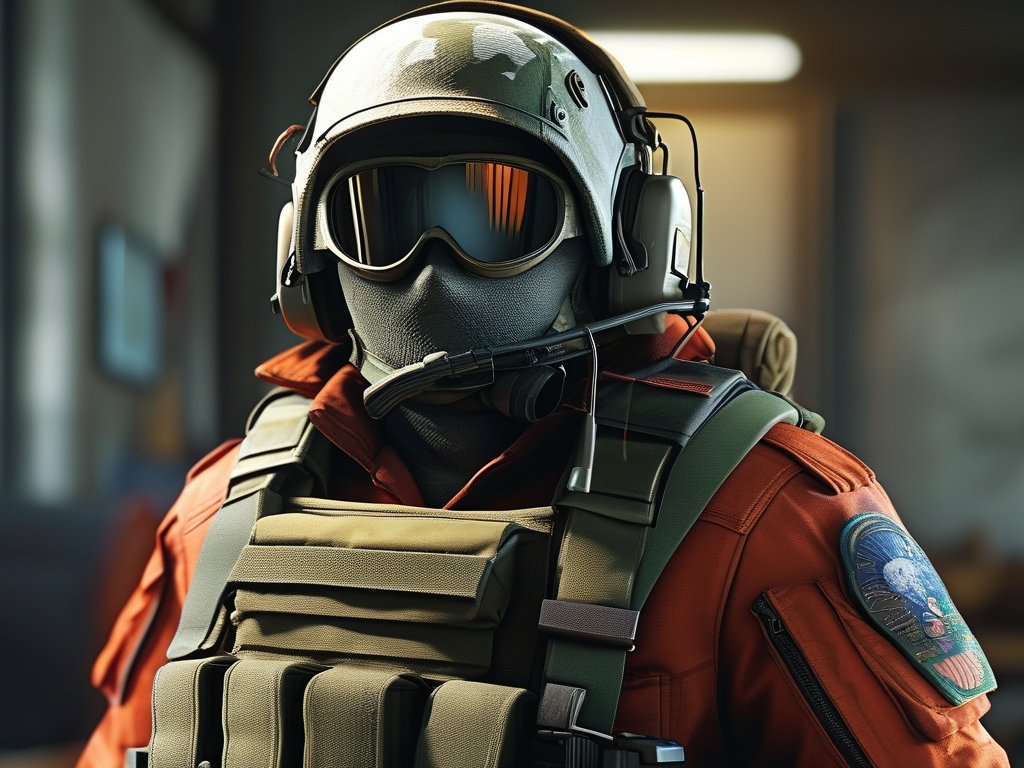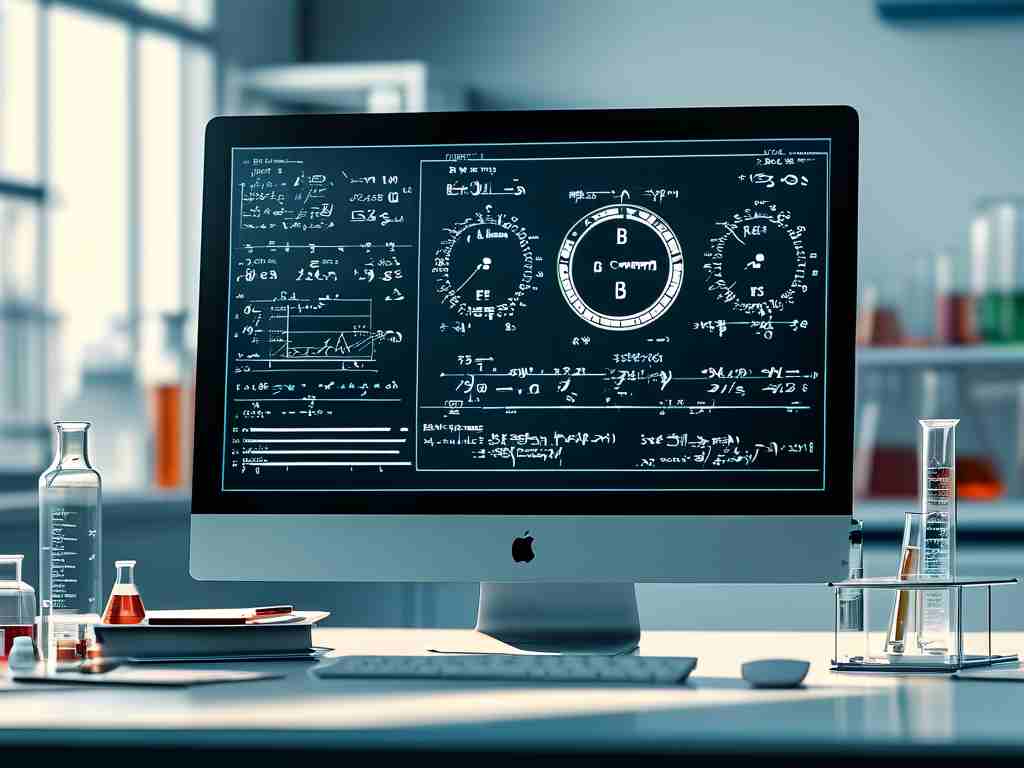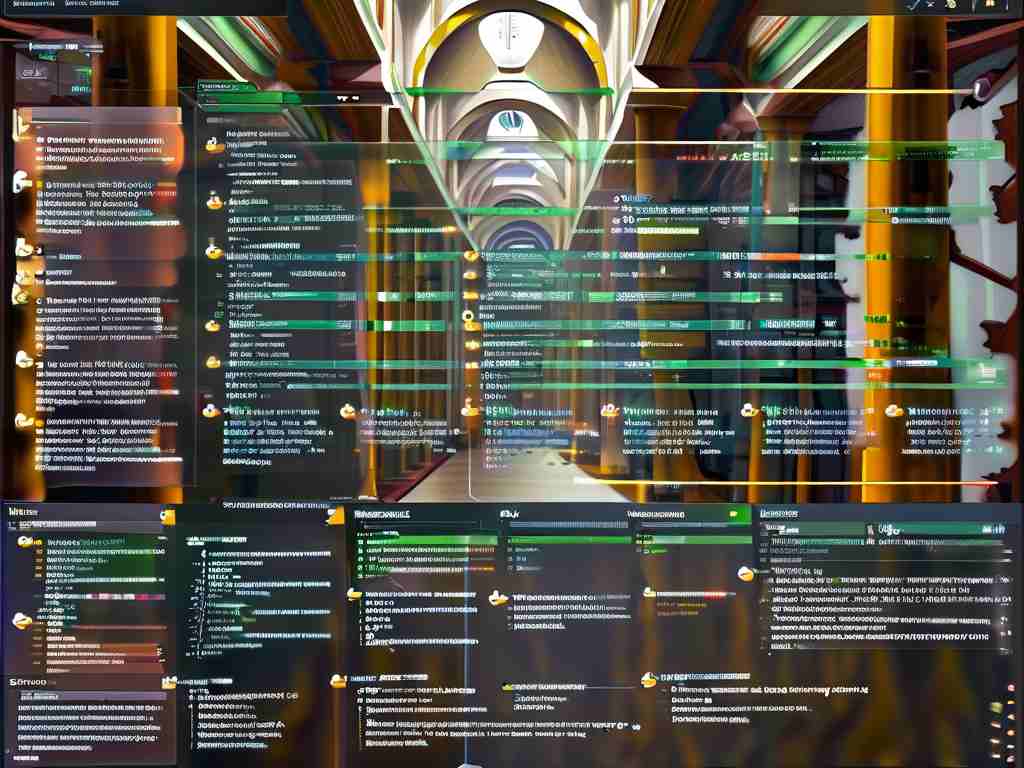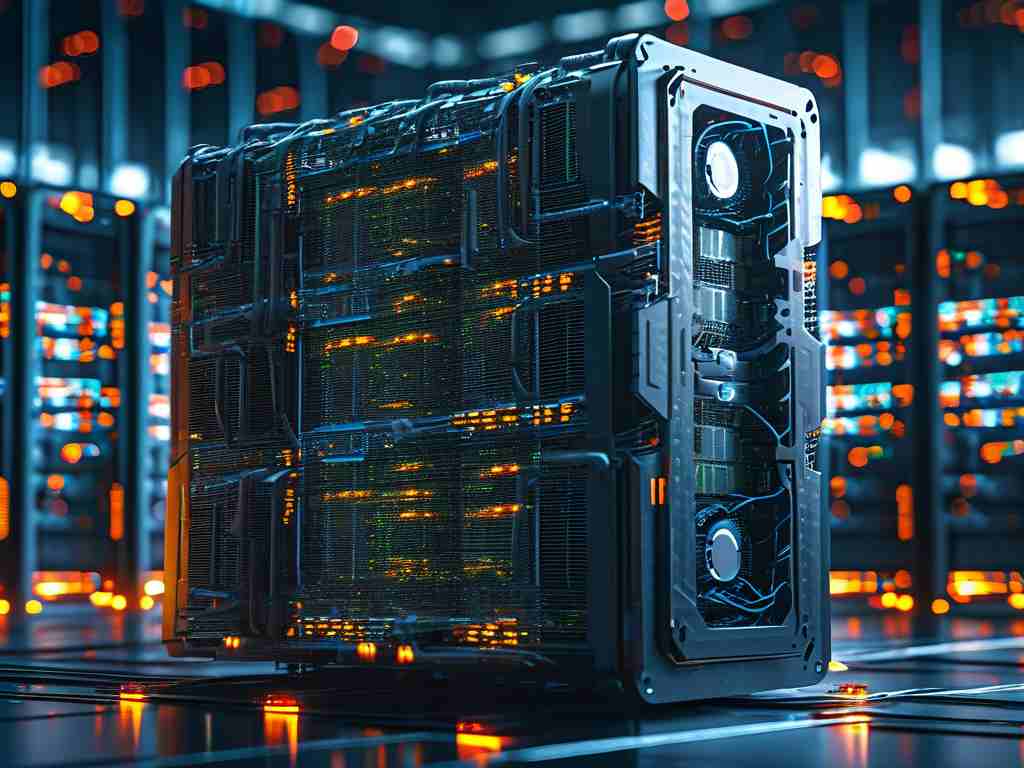In the rapidly evolving landscape of modern gaming, efficient memory management has become a cornerstone of delivering seamless player experiences. Call of Duty 20 (COD20), the latest installment in the iconic franchise, exemplifies how cutting-edge memory optimization techniques can elevate performance, reduce latency, and support complex in-game mechanics. This article explores the technical innovations and strategies behind COD20's memory management system, shedding light on its impact on both developers and players.

The Importance of Memory Management in AAA Games
Modern AAA titles like COD20 demand vast computational resources. High-resolution textures, dynamic physics simulations, and real-time multiplayer interactions require meticulous allocation and recycling of memory. Poor memory management can lead to frame rate drops, loading delays, or even crashes-issues that directly undermine player immersion. COD20's development team prioritized a multi-layered approach to memory handling, balancing speed, stability, and scalability.
Key Techniques in COD20's Memory Architecture
-
Dynamic Resource Loading: COD20 employs a "just-in-time" resource loading system. Instead of preloading all assets during startup, the game dynamically streams textures, audio, and models based on the player's proximity to in-game events. This reduces initial load times and minimizes RAM usage. For example, weapon models and environmental details are loaded only when the player enters a specific zone, freeing memory for critical tasks like enemy AI processing.
-
Memory Pooling: To avoid frequent allocations and deallocations-a common source of fragmentation-COD20 uses pre-allocated memory pools. These pools reserve fixed blocks of memory for reusable objects like bullets, particles, and UI elements. By recycling memory slots instead of requesting new ones, the game maintains consistent performance during high-intensity scenarios, such as 64-player battles or explosive set pieces.
-
Garbage Collection Optimization: Traditional garbage collection (GC) can introduce unpredictable stalls. COD20's engine implements an incremental, priority-based GC algorithm. Low-priority tasks, like clearing unused menu assets, are deferred to non-critical moments, while high-priority cycles focus on active gameplay elements. This ensures smoother frame rates, especially on consoles with limited hardware headroom.
-
Platform-Specific Tailoring: COD20's memory management isn't one-size-fits-all. The PlayStation 5 and Xbox Series X/S versions leverage SSD speed for virtual memory paging, while the PC build includes customizable VRAM budgets to accommodate diverse GPU capabilities. Such platform-aware design prevents overcommitment and ensures stability across devices.
Challenges and Solutions
One major hurdle was balancing visual fidelity with memory constraints. Ray-traced lighting and 4K textures consume significant VRAM. The team addressed this by introducing adaptive resolution scaling for shadow maps and using compressed texture formats like BC7. Additionally, a real-time memory monitor tool was integrated into the engine, allowing developers to identify leaks or bottlenecks during QA testing.
Another challenge was crossplay compatibility. Ensuring consistent performance across PC and consoles required careful synchronization of memory access patterns. The solution involved a hybrid threading model that separates rendering, physics, and network tasks into isolated memory domains, reducing contention and improving parallelism.
Player-Facing Benefits
For gamers, COD20's memory optimizations translate to tangible improvements:
- Faster Load Times: Levels load 40% quicker than in previous titles, thanks to smarter asset streaming.
- Stable Frame Rates: Even in chaotic scenes, the game maintains a steady 60 FPS on consoles and up to 120 FPS on high-end PCs.
- Reduced Installs: The "selective install" feature lets players exclude unused campaign or zombie mode assets, saving up to 30% of storage space.
Future Directions
Looking ahead, machine learning could further refine COD's memory systems. Predictive algorithms might pre-fetch assets based on player behavior patterns, while neural networks could optimize texture compression in real time. As gaming hardware advances, the principles behind COD20's memory management will remain vital-proving that in the quest for immersion, every megabyte counts.
In , COD20 sets a new benchmark for memory efficiency in AAA gaming. By combining dynamic allocation, platform-specific strategies, and relentless testing, the developers have crafted an experience that's as technically robust as it is thrilling to play.









